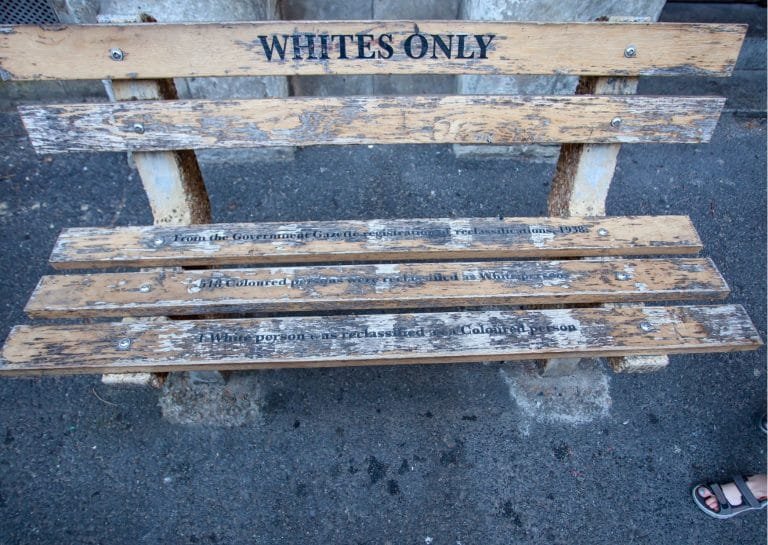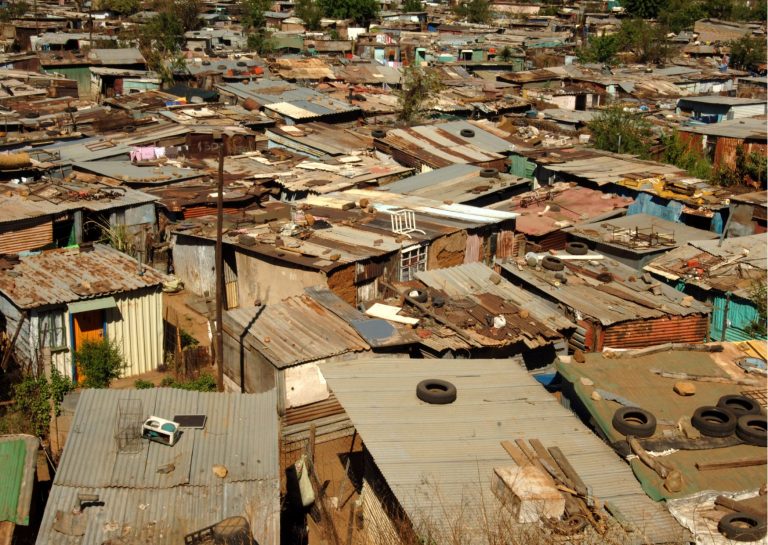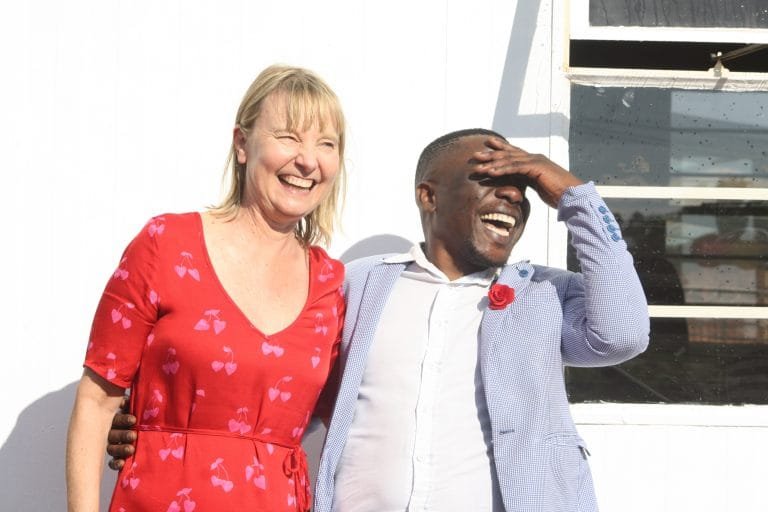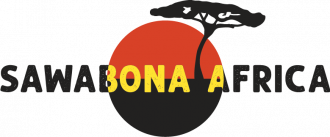Being educated in apartheid South Africa to founding Sawabona Africa
Zilla Stekhoven: Founder of Sawabona Africa
What was it like growing up under apartheid? Was there a difference in the education you received as a white person compared to the rest of the population? What was your reality? These are the questions I reflect on even more since starting Sawabona Africa.
Growing up as a white person in South Africa under apartheid (a system that institutionalised racial segregation) gave you access to privileges that the majority of South Africans were denied. When apartheid came to an end in 1994, the promise of hope for the millions of South Africans under the leadership of Nelson Mandela was high. As a Mandela was champion for children’s rights, we hoped that this imbalance would change. Did it? In this blog you will learn about my experience of education, what is the reality now and the driving force behind starting the Non-Profit-Organisation Sawabona Africa.

Under apartheid South Africa was segregated. Whites lived in the best areas, black and coloured communities were forcibly removed from their homes to live in townships and Pass laws were applied where blacks needed permission to enter a ‘white only’ neighbourhood. Even though I attended a public school with exceptionally low (almost free) should fees, I had access to world class education, schools with endless sports fields, excellent teachers and facilities. We were banned from talking about politics, information was censored or banned and what we heard was controlled too. While in my final year of school a friend was jailed without trial for carrying banned literature.
I was set up to gain a top university degree in law and psychology, and had a wealth of career opportunities I took for granted when I was younger.
In contrast, the majority of Black South Africans lived in extreme poverty, received inferior education, often not in their home language, teachers were less qualified, schools were overcrowded leaving the majority many illiterate, uneducated and received minimal wages to do menial jobs.

Change was needed
I was part of the crowds in Cape Town welcoming the release of Nelson Mandela, the first democratically elected president of South Africa who spent 27 years as a political prisoner in jail. I joined the chorus celebrating the end of apartheid at our first democratic elections in 1994. South Africa finally had the chance to change what was so inherently wrong with the education system. The white only schools I attended were now available to black South Africans, however their subsidies were reduced and they had to charge fees which poor South Africans could not afford. Policies and frameworks were written and budgets were allocated.
How does the education system look nearly 30 years on?
In 2020 Amnesty International wrote a report on education in South Africa: ‘Broken and Unequal’. This report highlighted what I had personally observed: “A child’s experience of education in South Africa still very much depends on where they are born, how wealthy they are, and the colour of their skin.” 1
This report details the shocking state of education in South Africa, how many schools are even lacking basic sanitary facilities such as running water or latrines, and many schools in a complete state of disrepair. A recent survey revealed that 81 percent of grade 4 learners (aged 10) can not read for meaning in South Africa 2.

My mission to make a meaningful difference in South Africa
I moved to Germany in 2006 and wanted to do something meaningful to help disadvantaged South Africans. The IEA’s PIRLS report 2 came out at the same time as I made a decision to finally follow my childhood dream of starting a non-profit to help poor South Africans receive quality education. I have always had a fierce drive for justice, equality and fairness and this report confirmed and validated my journey to start Sawabona Africa.
I am saddened by the state of education in South Africa and we cannot wait for the government to act on empty promises, and if they do it will be too slow or not enough as the need is far too big.
Supporting education is the only way to make meaningful change in lives of communities. We together can work with a few handpicked charities on the ground in South Africa who are changing lives, and equipping people to gain meaningful work and break the cycle of poverty.
Would you like to join me and give hope for a better future through education? Learn more here and donate to one of our projects.
- Amnesty International 2020: BROKEN AND UNEQUAL THE STATE OF EDUCATION IN SOUTH AFRICA (Index: AFR 53/1706/2020)
- PIRLS 2021 International Results in Reading (https://drive.google.com/file/d/191VXcZz9GY6mbVJpsl7S4R83uv9BKNw3/view)
